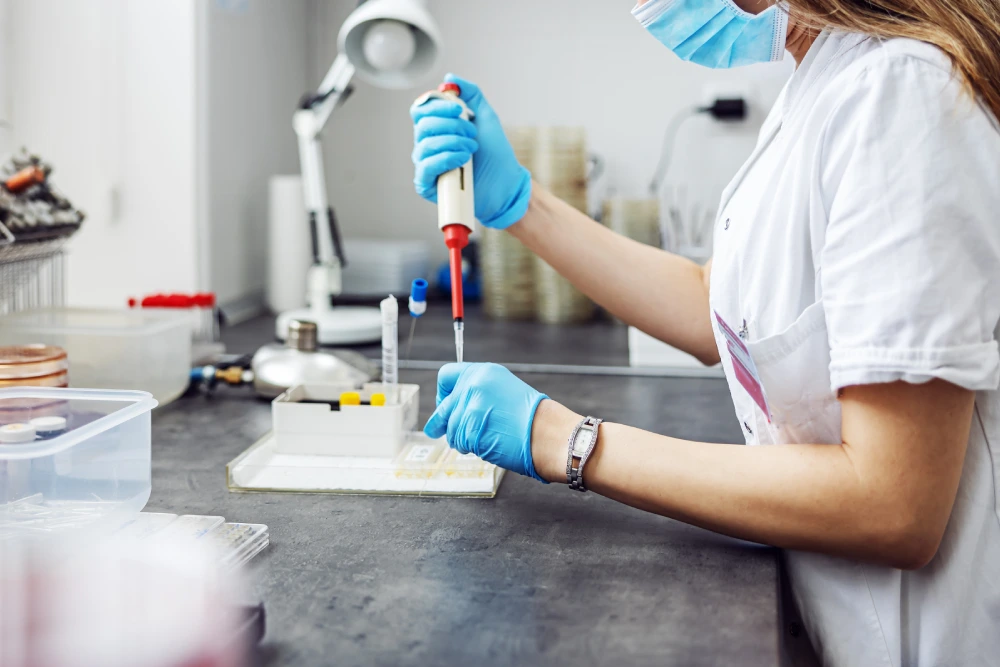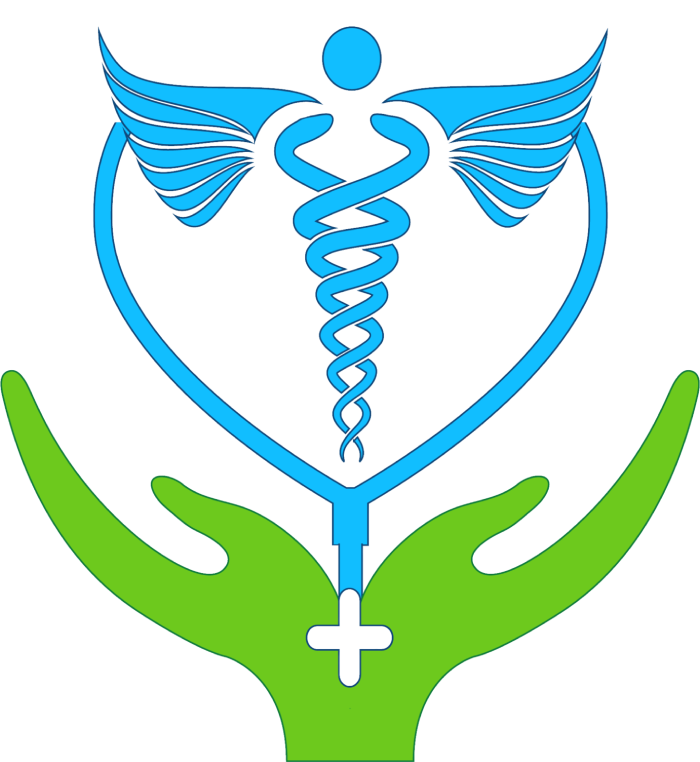
Biochemistry and Biochemistry Labs in Turkey
Hospitals work as a whole in detecting health problems and providing treatment with the departments they embody. All medical departments deemed necessary in the evaluation of patients after admission to the hospital cooperate in the examination of the patient. When necessary, the definitive diagnosis of the disease is attempted with blood and urine tests or imaging methods. One of the most crucial departments in hospitals that cooperates and carries out the necessary tests for diagnosis is the biochemistry laboratory. Turkish biochemistry laboratories incorporate all the opportunities of modern medicine.
What is a Biochemistry Laboratory?
Medical biochemistry is the branch of medicine that examines all the biological and chemical reactions that take place in our cells to preserve and maintain the unity and overall health of our bodies. When necessary, medical biochemistry laboratories conduct examinations to evaluate the state of these physiological mechanisms. In the field of biochemistry, vital information about the physiological functioning of the body is obtained. Examination methods are carried out in light of these pieces of information, and routine tests are also very important in the diagnosis and follow-up of diseases in clinical practice. After the initial evaluation and physical examination of the patients by the doctors, certain tests might be required from the blood, urine, or other bodily fluids for diagnosis. These samples that are obtained from the patients are sent to the biochemistry laboratories for diagnostics. Biochemistry laboratories play an active role in the proper execution of the required examinations, obtaining the data, and sharing the provided data with the doctors in the respective departments.
Which Tests Are Carried Out in the Biochemistry Laboratory?
Biochemistry laboratories examine and calculate the presence of molecules or physiological activities required for diagnosis in all body fluids and tissue samples obtained from the body with various numerical values. The most frequently performed biochemical test are:
Complete Blood Count
It refers to the examination of various parameters including the number of cells such as red blood cells, white blood cells, and platelets in the blood, RDW, MCV, and MCH.
Kidney Function Tests
The functions of the kidneys for the excretion of excess or harmful substances from the body are evaluated by checking the levels of molecules such as creatinine and urea. Evaluation can also be made by examining the blood levels of vital minerals in blood such as sodium, potassium, and calcium.
Liver Function Tests
The functional evaluation of the liver is provided by examining the blood levels of different enzymes and products such as alanine aminotransferase (ALT), alkaline phosphatase (ALP), bilirubin, and albumin.
Urinalysis
Information on various diseases is obtained through processes such as the presence of certain substances and cells in the urine, and chemical evaluation of the urine such as density and pH.
Hormone Examinations
Health problems can be detected by checking the levels of various hormones such as pregnancy hormone beta-hCG, estrogen, TSH, testosterone, and insulin.
Cardiac Enzymes
Blood levels of molecules such as troponin, creatine kinase, and myoglobulin are examined in the diagnosis and follow-up of cardiovascular diseases.
Serological Examinations
Antibodies and special serological substances in the blood can be examined in cases such as encountering infections such as hepatitis and HIV, evaluation of immune response, diagnosis and follow-up of some rheumatological diseases.
Bleeding Parameters
Values showing bleeding function such as APTT and INR provide important data in terms of adjusting drug doses in both diagnosis and treatment follow-up.
Stool tests
Biochemical tests are used in stool occult blood, digestive evaluation, and in the investigation of viral and bacterial agents.
Special products
In the evaluation of treatment response in cancer patients, blood levels of tumor markers can be examined. It is also very useful to examine different substances such as sedimentation, CRP level, and procalcitonin levels in infectious diseases. Prealbumin levels can be evaluated in the examination of the nutritional level of the patients, and the level of minerals such as vitamins, iron, and zinc can be observed and tested for the examination of metabolic diseases.
Toxicology
The level of toxic products in the blood in poisonings and the level of drugs in the blood in drug intakes can be determined biochemically.
Examination of Body Fluids
Various enzymes, biological products, chemical substances, and drug levels can be studied in almost all body fluids such as cerebrospinal fluid, lung pleural fluid, gastric fluid, or joint fluid obtained from patients.
How Does Biochemistry Examine the Results?
The data obtained as a result of the execution of the tests are collected and presented to the medical biochemistry specialists. The medical biochemists examine the data received by the tests and evaluate them together with the clinical situation of the patient, approve it when appropriate, and present it to the clinician's evaluation. The specialist may decide to rerun the tests or conduct investigations to ensure that the examinations are carried out correctly.



